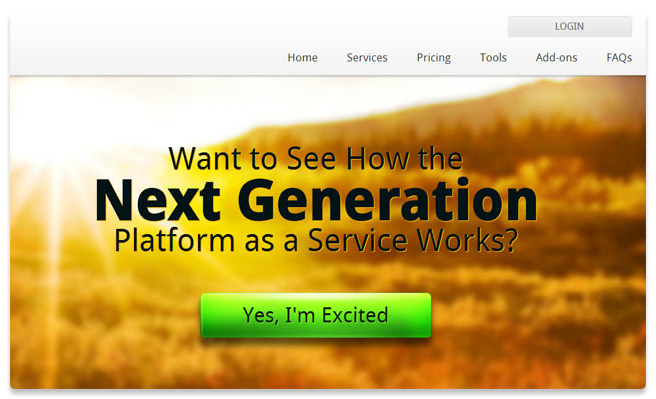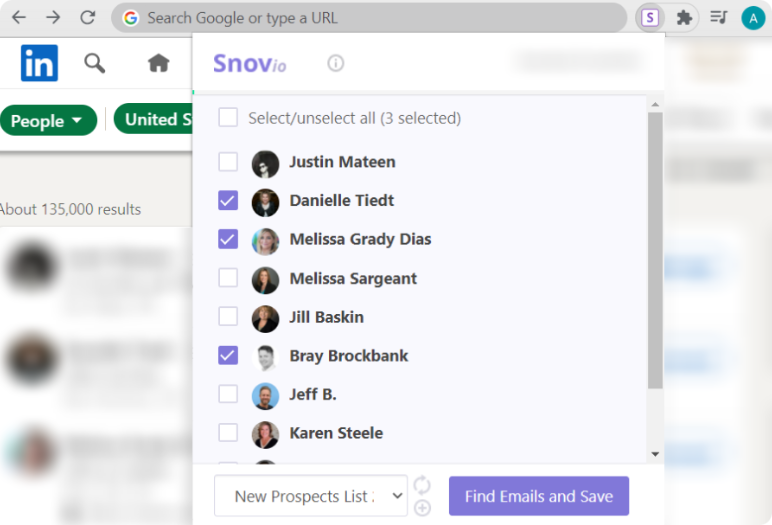You have the product, a complete business model, a team, and some funds to keep you afloat for a year or so. Now what? It is time to get users who’ll test your startup product before you launch it. Called beta users, or beta testers, these people will help you prepare your new product for the launch, and not only.
So, who are beta testers? How to find email addresses of beat users for your startup? In this post, we’ll answer these questions.
Outline
Who are beta users?
Beta users, or beta testers, are a limited public audience who test your product before you officially launch it. Beta testing enables the team behind the development to work on flaws, remove bugs, and develop even better features that can enhance the product’s value.
Why are beta users important?
If you are launching your product for the first time, it must be free of bugs. Otherwise, the public won’t like it, and your startup will fail before the official launch.
In tech, the word about negative publicity can spread like wildfire, giving your competitors time to add the features that your product lacks to their products.
So, to cut a long story short, why are beta testers critical?
- They help you find bugs within the product;
- They improve user flow and enhance usability;
- They help you come up with ideas on how to improve the product value;
- They will do it all for free.
Who is an ideal beta user?
An ideal beta tester is anyone interested in buying your product. This isn’t your family member or a friend, but a person that fits your buyer persona and has a pain that your product can resolve.
In general, a good beta tester should possess the following qualities:
- Represent your customers. Beta users must be those who will use your product and have similar technology experience.
- Have enough time for testing. Testing is time-consuming, so your beta users must understand this. Users who regularly test products possess more commitment, so you should pay attention to them.
- Give clear feedback. Ensure beta users can provide you with detailed feedback on testing your product. In particular, they should be ready to tell you the testing date, steps that have led them to detect a bug, screenshots or videos of the problem, etc.
- Have experience in using complementary products. Testers using a complementary product may bring future testers or potential customers through word of mouth.
How to get beta users for your startup?
We have decided to do the hard work for you by providing a list of the best ways on how to find beta testers for your startup product. Using these simple tactics, you can easily get from 100 to 500 new beta testers.
1. Grab beta testers through landing pages
One of the best ways to attract beta testers for your product is through a landing page. You must be wondering why a landing page is so important. It makes the product look trusted. People who will see a message about beta testing on a social platform won’t sign up unless they see the landing page.
Landing pages can help people decide whether the product is a good fit for them or not, as it offers more information. They can also chat with the team to get more details about it.
Just look at the landing page Cloudways used to get 500+ beta testers for their product back in 2013 when they were launching the business:

2. Visit startup listing websites
You can get your website beta testers from many online services. Some of the best ones we found while searching online are:
- Betalist.com
- Betabound.com
- Betafamily.com
- Quora
- Hackernews
- Earlibird.com
- Killerstartups.com
Such services as Betalist, Betabound, and Betafamily are free startup listing websites exclusive to beta testers. Others are also good for finding beta testers, but you must clearly state the purpose and provide an incentive.
3. Find beta testers on LinkedIn
LinkedIn is a giant platform for professionals worldwide, so why not use it to find beta users for your startup? Visit LinkedIn groups and participate in discussions with the audience that may be interested in your solution.
Once your product is ready, you can announce it and ask for feedback from the engaged contacts. You can find many relevant people who would be happy to provide feedback on your product.
As soon as you’ve got your list of potential beta testers, use Snov.io LI Prospect Finder to get the list of their email addresses and reach out to them in bulk.

Here is a simple template you can use to email them.
|
Subject line: Invitation for Beta Testing of Our Product Dear [Name of potential beta tester]! I am the Marketing Manager of [Product name]. My team and I have built a holistic solution to [Describe your solution]. As you posted in the [Group name] that you are looking for such a solution, we think you might be interested in our product. With its help, you’ll be able to [Benefits of your product]. As this product is still in beta, we are providing you free access to it. In return, we would be pleased if you could honestly share your opinion on how we can improve its functionality. This will include a list of bugs you encounter and the features that you think are missing. Let me know if you are interested in the product, and I will send you the credentials. [Your name], [Company name] Marketing Manager |
Use a chance to build an effective email outreach strategy – this way, you’ll be able to contact many potential beta testers at once and increase your customer base.
4. Ask for beta testers on ProductHunt
Did you know that ProductHunt is not only a good platform for sharing and discovering new products? It’s a place where you can ask for beta testers for your coming-soon solution.
Go to the Community page and write your ad in the Discussion section.
Look at the example I’ve come across recently:

5. Search for influencers to spread the word
You can pace up the job of finding beta testers if you have a network of influencers. These influencers can either become your beta users or help you spread the word, bringing you more beta testers after a while. Either way, you benefit.

You can also use a tool like Tweepi that tells about the social performance of a profile. If you want to find influencers on Twitter, this is a great tool to get. You can find community managers, Instagram influencers, Twitter pros, and YouTubers with it. They may not only agree to test your product but also promote beta testing among their followers, bringing you even more beta testers.
6. Double the number of beta testers with a referral program
Why not turn beta testing into a game? Instead of making it routine and boring, you can ask your beta testers to share your beta testing page on social media: the more invited users a beta tester collects, the earlier they get access to the finished product.

This strategy can double the number of early testers quickly.
What’s next?
The beta stage of the product usually lasts for two to three months. You can extend the beta stage if uncertain about the product’s functionality. Once you’ve passed this beta testing phase and fixed all the problems beta users have pointed out, it is time for the big launch.
Interested in the forthcoming Snov.io product launches? Wish to become our beta testers? Let us know in the comments below.



